The final version of Macau’s amended Gaming Law, which is set to be finalized in early 2022, and the subsequent re-tendering of gaming licenses will set the scene for Macau for decades to come.
 For so many years the undisputed heavyweight champion of the global gaming industry, Macau heads into 2022 on the precipice of a bright new era.
For so many years the undisputed heavyweight champion of the global gaming industry, Macau heads into 2022 on the precipice of a bright new era.
While the shadow of COVID-19 and China’s determination to pursue a zero-COVID strategy continue to weigh on Macau’s six concessionaires, the 14 January release by the government of many final details around upcoming amendments to the SAR’s gaming law significantly improved investor sentiment – primarily on confirmation that most amendments will not be nearly as onerous as initially feared.
Publication by the Legislative Assembly four days later of the full draft bill, “Amendment to Law No. 16/2001 – Legal framework for the exploitation of games of chance in casinos”, further highlighted the absence of potential “deal breakers” ahead of license re-tendering, although further clarity is required around some new additions to the law. These primarily relate to information concessionaires are expected to share with the regulator, caps on the number of table games and slot machines in operation, minimum GGR expectations and the future of junkets (if there is one).
With the current 20-year licenses of Macau’s concessionaires due to expire this year, the real question now is whether a re-tendering process can be run and done by the 26 June deadline or if the licenses will be extended by up to three more years – although as short as six months is more likely – as permitted by law.
Meeting the government’s original mid-2022 deadline will largely depend on how quickly the Legislative Assembly can pass the draft bill. Depending on who you listen to – and taking into account the potential for legislators to propose various changes – that timeline could range anywhere from two months to a year. Either way, the events of recent weeks have at last provided some much-needed clarity on exactly what the government expects in return for issuing its next round of privileged casino licenses.
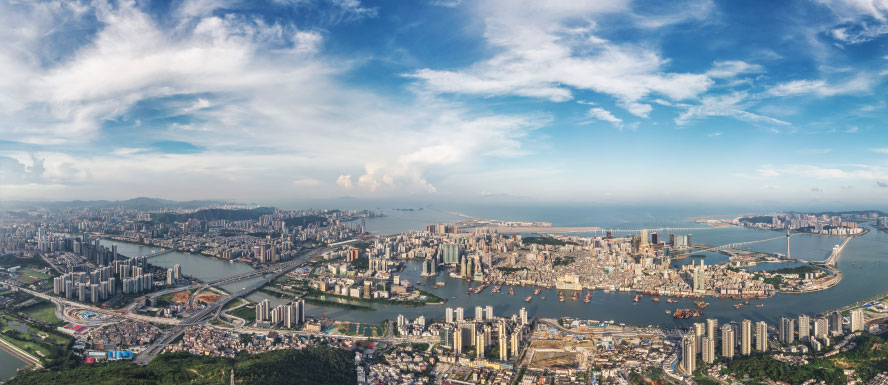 Here’s what we know so far. On 14 September 2021, the Macau government released a consultation document outlining nine key issues to be addressed in amending Law 16/2001. Those issues were:
Here’s what we know so far. On 14 September 2021, the Macau government released a consultation document outlining nine key issues to be addressed in amending Law 16/2001. Those issues were:
- The number of concessions
- The concession period
- Increases in statutory supervision
- 3.1. Increase of capital above MOP$200 million
- 3.2. Increase of Macau permanent resident Managing Director shareholding above 10%
- 3.3. Dividends subject to specific requirements and government permission
- Employee protections
- Increased review for approved companies, gaming intermediaries and partners
- Government representatives
- Promotion of non-gaming
- Social responsibility
- Criminal responsibility and administrative sanction system
- 9.1. Illegally accepting deposits
- 9.2. Administrative violation penalty system
Some of the proposed amendments had long been anticipated, such as discussions around the number of concessions and the elimination of the current sub-concession scheme, certain protections for employees of gaming companies, the promotion of non-gaming amenities and a focus on Corporate Social Responsibility (CSR) initiatives.
 But there were some proposals that, while light on detail, were enough to send shockwaves through a nervous investment community to the extent that the Hong Kong-listed entities of Macau’s six concessionaires lost 26%, some US$18.4 billion, of their market value on the trading day following release of the consultation document.
But there were some proposals that, while light on detail, were enough to send shockwaves through a nervous investment community to the extent that the Hong Kong-listed entities of Macau’s six concessionaires lost 26%, some US$18.4 billion, of their market value on the trading day following release of the consultation document.
A series of public consultation sessions held in the 45 days following the document’s publication alleviated some of those investor concerns, but it wasn’t until the government’s 14 January press conference and subsequent publication of the draft bill that any real detail was provided around some of the more concerning proposals. Perhaps the biggest surprise to emerge from the draft bill was the scrapping of a proposal to have a government representative or delegate attached to each concessionaire. Under this proposal, the government representative would have specifically been charged with supervising the concessionaires’ compliance with its legal and contractual obligations and to protect public interest within the activities pursued by the concessionaire. This could have included having the authority to participate in board and shareholders’ meetings, to inspect the company’s financial accounts, to request documents and information deemed necessary to exercise its duties and to participate in the negotiation of relevant concession contracts and amendments.
Several commentators (including ourselves) had highlighted how this idea might backfire for the government, possibly even burdening the SAR with unforeseen consequences such as corporate liability issues. In any event the government has numerous levers it can use to control the concessionaires without the need for such a representative, so perhaps it was decided that discretion was the better part of valor when it came to this idea.

Also seemingly on the scrap heap is a highly contentious proposal that would have required concessionaires to seek approval from the Macau government before declaring and issuing dividends to their shareholders, typically the wider listed entities operating the entire integrated resorts offering.
It’s worth noting that, as per the government’s Gaming Law Public Consultation Final Report, released on 23 December and summarizing responses received during the public consultation, this was the only proposal to receive an overwhelmingly negative response with 61% of respondents stating their opposition. The main reasons given by opponents were that such a law would “interfere in free market operations and may affect the investment intentions of concessionaires.”
In the end, the draft bill avoided any specific mention of dividend approval, with the only reference seemingly associated being a short clause stating, “The concessionaires must inform the Chief Executive before executing any major financial decisions that exceed those stipulated in the contracts.”
The government has followed through with its promises around capital structure, raising the minimum capital each concessionaire is required to hold from its previous MOP$200 million (US$25 million) to a figure more fitting of the gaming behemoths each has become over the past 20 years – MOP$5 billion (US$625 million). However, an increase in the minimum ownership requirement of a Managing Director who must reside in Macau from 10% to 15% was not as significant as anticipated.
The minimum ownership rule has been among the most misunderstood to emerge from the government’s consultation document, despite assurances during October’s public consultation sessions by Lio Chi Chong, subdirector of the Gaming Inspection and Coordination Bureau (DICJ), that this would not provide for any practical change to its application.
Under Macau’s current gaming law, each concessionaire or approved casino management company is required to have a Managing Director, who must possess a Macau permanent ID card. This Managing Director must hold at least 10% of the share capital of the concessionaire. As it stands, that holding need not be one of economic interest or voting control and can be held for the benefit of a parent company or other entity overseeing each concessionaire.
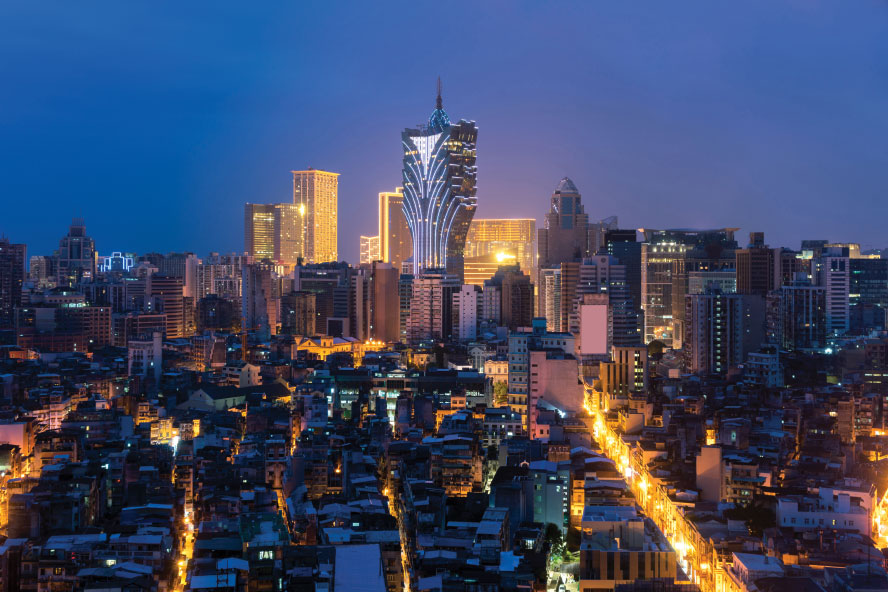 Investors have expressed concern over the government’s intentions in relation to this holding, apparently wary that the nature of the holding may change to be compulsorily one of economic and/or voting interest. This would potentially give rise to triggering “change of control” covenants with banks and/or other lenders, causing difficulties around the financing of Macau’s concessionaires, not to mention potentially significant changes to shareholder capital structures.
Investors have expressed concern over the government’s intentions in relation to this holding, apparently wary that the nature of the holding may change to be compulsorily one of economic and/or voting interest. This would potentially give rise to triggering “change of control” covenants with banks and/or other lenders, causing difficulties around the financing of Macau’s concessionaires, not to mention potentially significant changes to shareholder capital structures.
But Lio was adamant when addressing such concerns in October that, “This 10% is already regulated in the current gaming law. Regarding this, the current gaming law regulates two things. First, the shareholder needs to hold a Macau permanent ID card, and second, the percentage of the shareholding needs to be 10%.
“In the future, we want to increase the percentage to more than 10%.”
As such, the new 15% holding appears unlikely to provide for any material change from an operational perspective.
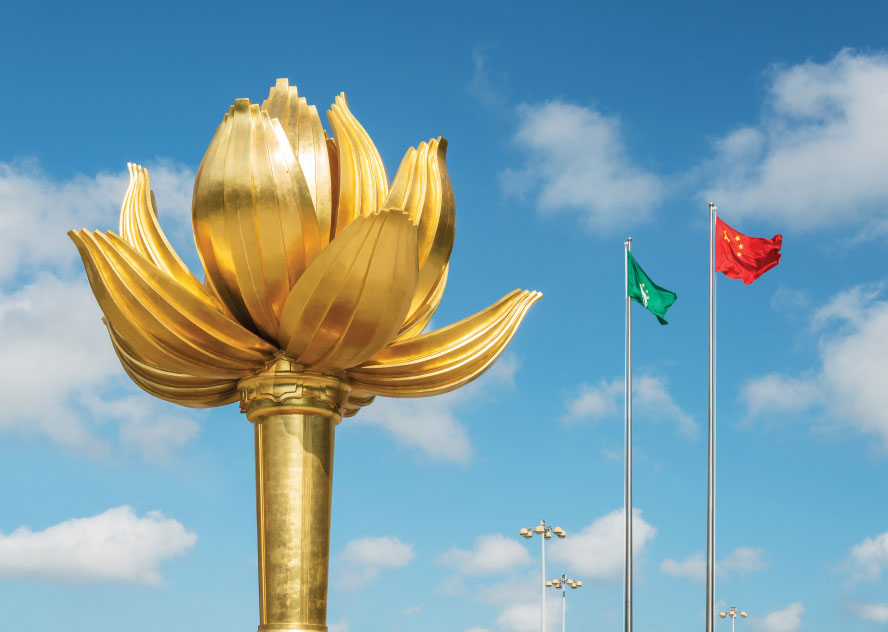 What will change once new licenses are awarded is the length of concessions, with the government confirming that the current 20-year concession length will be halved to just 10 years, with the possibility of the government extending that term by up to three years under exceptional circumstances.
What will change once new licenses are awarded is the length of concessions, with the government confirming that the current 20-year concession length will be halved to just 10 years, with the possibility of the government extending that term by up to three years under exceptional circumstances.
The merits of shortening the concession length remain somewhat contentious. In the government’s Gaming Law Public Consultation Final Report, it was revealed that 171 opinions were received on this matter during the public consultation period of which 72 or 42.1% agreed in reducing the new license to less than 20 years. Another 56 opinions, representing 32.8% of responses, suggested maintaining the 20-year term while 17 or 9.9% said the term should be greater than 20 years. 15.2% were undecided.
Ryan Ho, Lecturer at the Centre for Gaming and Tourism Studies of the Macao Polytechnic Institute, is one who is content with a shorter 10-year term, telling IAG, “Twenty years is definitely a long time. Macau was once the only major casino provider in Asia and now we have lots of competition in the region.
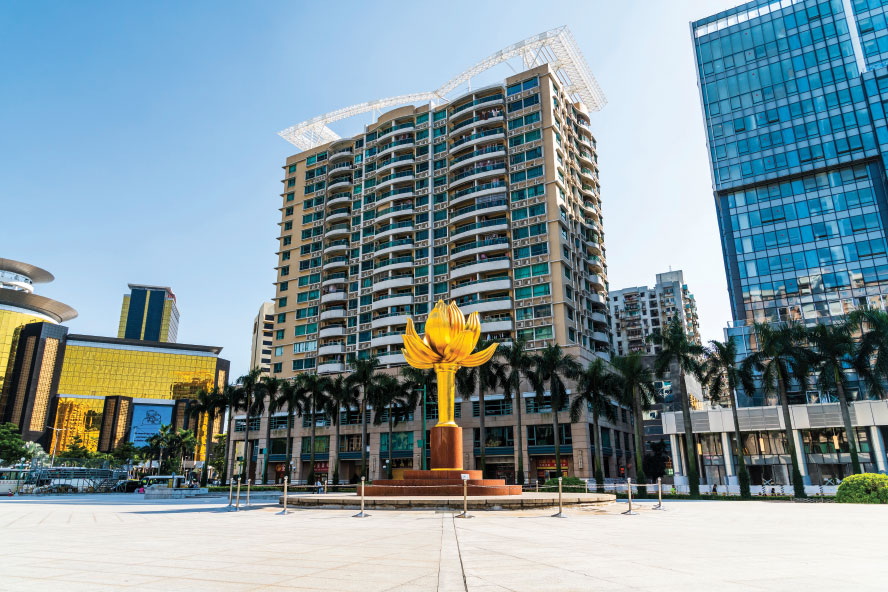 “I reckon 10 years might be a reasonable period of time for the government to adjust and respond to any industry changes and for operators committing to invest in casino products here with a long-term focus.”
“I reckon 10 years might be a reasonable period of time for the government to adjust and respond to any industry changes and for operators committing to invest in casino products here with a long-term focus.”
Not sold on the shorter license period, however, is David Green – a consultant to the Macau government when it originally drew up Gaming Law 16/2001 some 20 years ago.
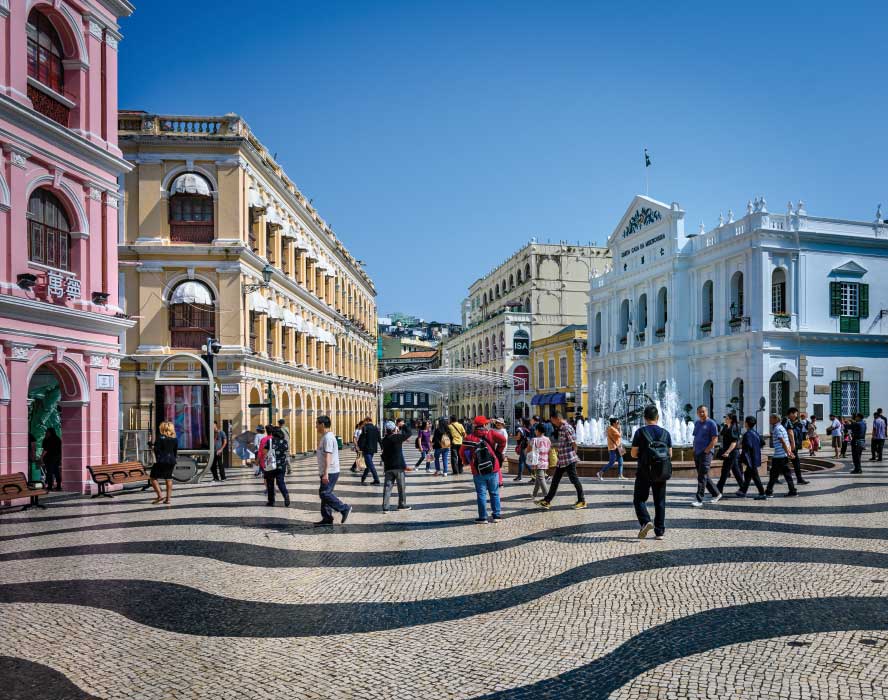 “The concessions really should run for as long as possible,” Green opines. “If it was possible to extend them out to 2049 (when the 50-year “One Country, Two Systems” arrangement between Macau and mainland China officially comes up for review), I would certainly counsel the government to do so, and for several reasons.
“The concessions really should run for as long as possible,” Green opines. “If it was possible to extend them out to 2049 (when the 50-year “One Country, Two Systems” arrangement between Macau and mainland China officially comes up for review), I would certainly counsel the government to do so, and for several reasons.
“One, it allows for a longer period of time for what will inevitably be a slower payback on these new investments, and two, the operators are best placed to respond to competitive pressure, not the government.
“I think it also brings certainty to the market, particularly to the people of Macau who are strongly reliant on the [gaming] industry for employment and future opportunities. Tourism operators look to the gaming industry to be a leader rather than a follower in developing new offerings for that tourist market.
“The final point to make is that if you only extend for a short period you end up slicing and dicing what remains to the point where there is no return to government. What is very clear is that operators will pay a premium for a longer term, but since the shorter term intensifies the risk, I don’t see them paying a huge premium for that opportunity.”
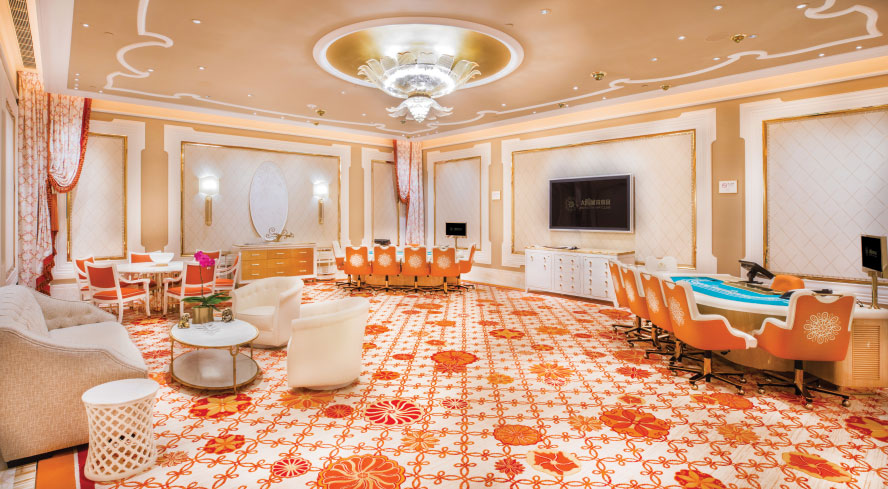
This last point has been further complicated by events surrounding Macau’s junket industry.
For context, the regulation of junkets – which 20 years ago contributed more than 70% of all industry GGR – was seen as an unavoidable compromise at the time. The subsequent Law 6/2002 allowed the industry to continue tapping this vital revenue source while ensuring junkets met a minimum standard of suitability by which concessionaires could invite them off the streets and onto their casino floors in dedicated VIP rooms. The new law regulating junkets required annual junket licensing every 1 January and ongoing formal contractual relationships between the concessionaires and the junkets. It also established that concessionaires were responsible for the actions of junkets in gaming areas.
Since then, the relationship between concessionaires and their junket partners has taken on less significance for the operators with the GGR contribution of the VIP segment falling below 40% and EBITDA contribution below 10% as of 2019 (pre-COVID), according to a recent report by investment bank Morgan Stanley. But VIP still accounted for 33% of the government’s tax revenue in 2019.
The government’s consultation document largely maintained the status quo when it came to junket regulation, other than a promise to further scrutinize junket agents and a proposal to ban player deposits unless specifically for the purpose of gambling (a measure aimed at preventing junkets being used as banks and/or seeking liquidity by offering so-called “investors” an ongoing return in the form of interest on their “investments”).
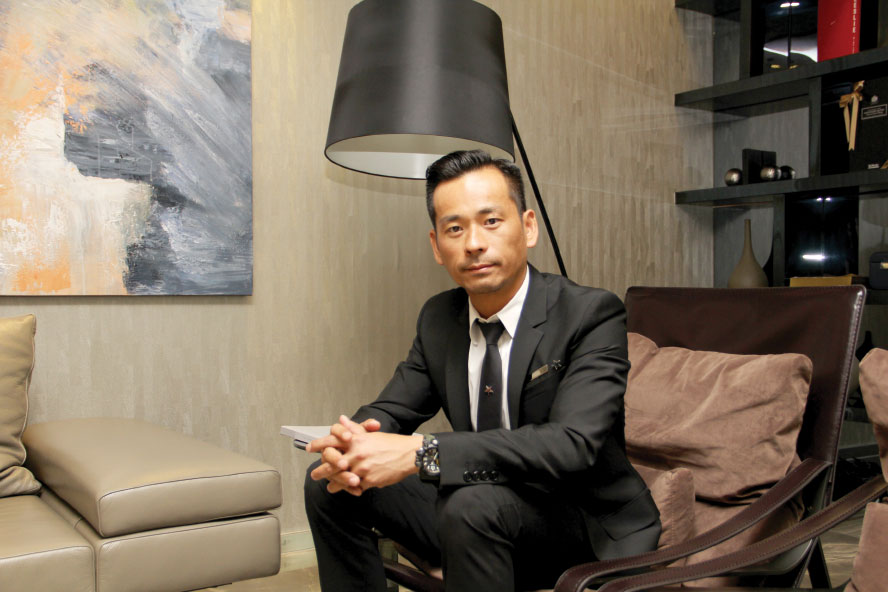
That all changed on 27 November 2021 when Macau’s Judiciary Police arrested 11 people linked to Macau’s dominant junket promotor Suncity, including its CEO Alvin Chau – undoubtedly the face of Asia’s modern-day junket industry. Accused of criminal association, illegal gambling and money laundering, the 47-year-old was sent to Macau’s prison the next day where he currently awaits trial.
Chau’s arrest sparked a chain reaction, with Suncity closing all its Macau VIP Clubs on 1 December, then confirming the complete cessation of its junket business nine days later – ending a 14-year run that had, at its peak, seen the group run 17 different VIP Clubs Macau-wide and contribute up to a third of all Macau GGR.
Rumors had subsequently swirled suggesting most, if not all, of Macau’s concessionaires would suspend or terminate their existing agreements with junkets by the end of December. While none confirmed any such plans, publicly at least, it became a moot point following the government’s 14 January press conference with the announcement that dedicated junket rooms in Macau’s casinos and revenue share arrangements between junkets and Macau’s casino concessionaires will be prohibited under the gaming law amendments. This puts an end to such arrangements which date back to the 1986 opening by gaming legend Dr Stanley Ho of the famous “Diamond Room” at Casino Lisboa, a casino-within-a-casino which established the model for VIP Clubs operated by junkets.
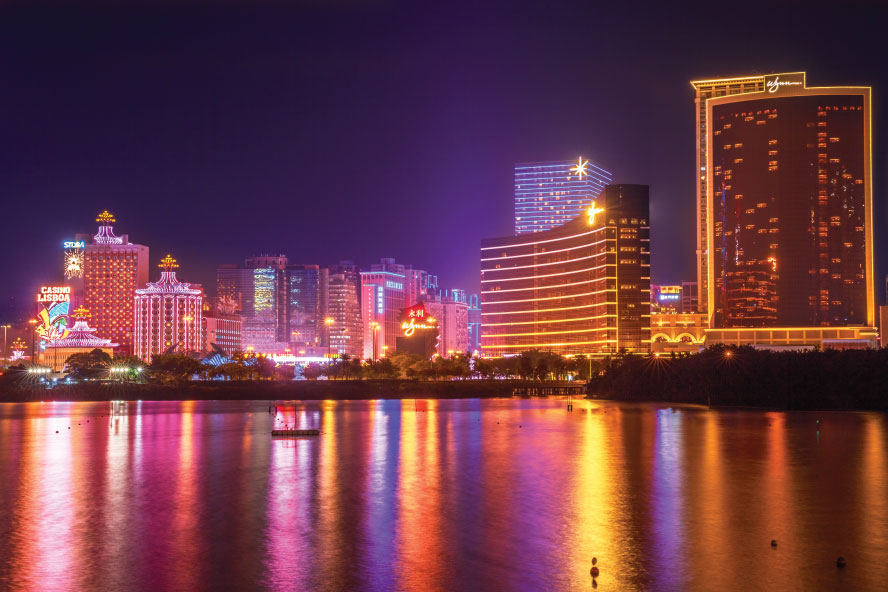 The draft bill elaborated further on the government’s plans for junkets. While junket licenses will continue to be issued to approved VIP promoters by the Secretary of Economy and Finance each January, each licensed promoter will in future be permitted to “only carry out the activity of promoting games in one concessionaire.” This will significantly weaken the market strength of junket operators compared to years gone by when major junkets operators would have one or even more dedicated VIP rooms in each of Macau’s six concessionaires.
The draft bill elaborated further on the government’s plans for junkets. While junket licenses will continue to be issued to approved VIP promoters by the Secretary of Economy and Finance each January, each licensed promoter will in future be permitted to “only carry out the activity of promoting games in one concessionaire.” This will significantly weaken the market strength of junket operators compared to years gone by when major junkets operators would have one or even more dedicated VIP rooms in each of Macau’s six concessionaires.
The bill also prevents gaming promoters from using third parties to conduct business “except in situations deemed necessary by their partners, members of the management body or employees.”
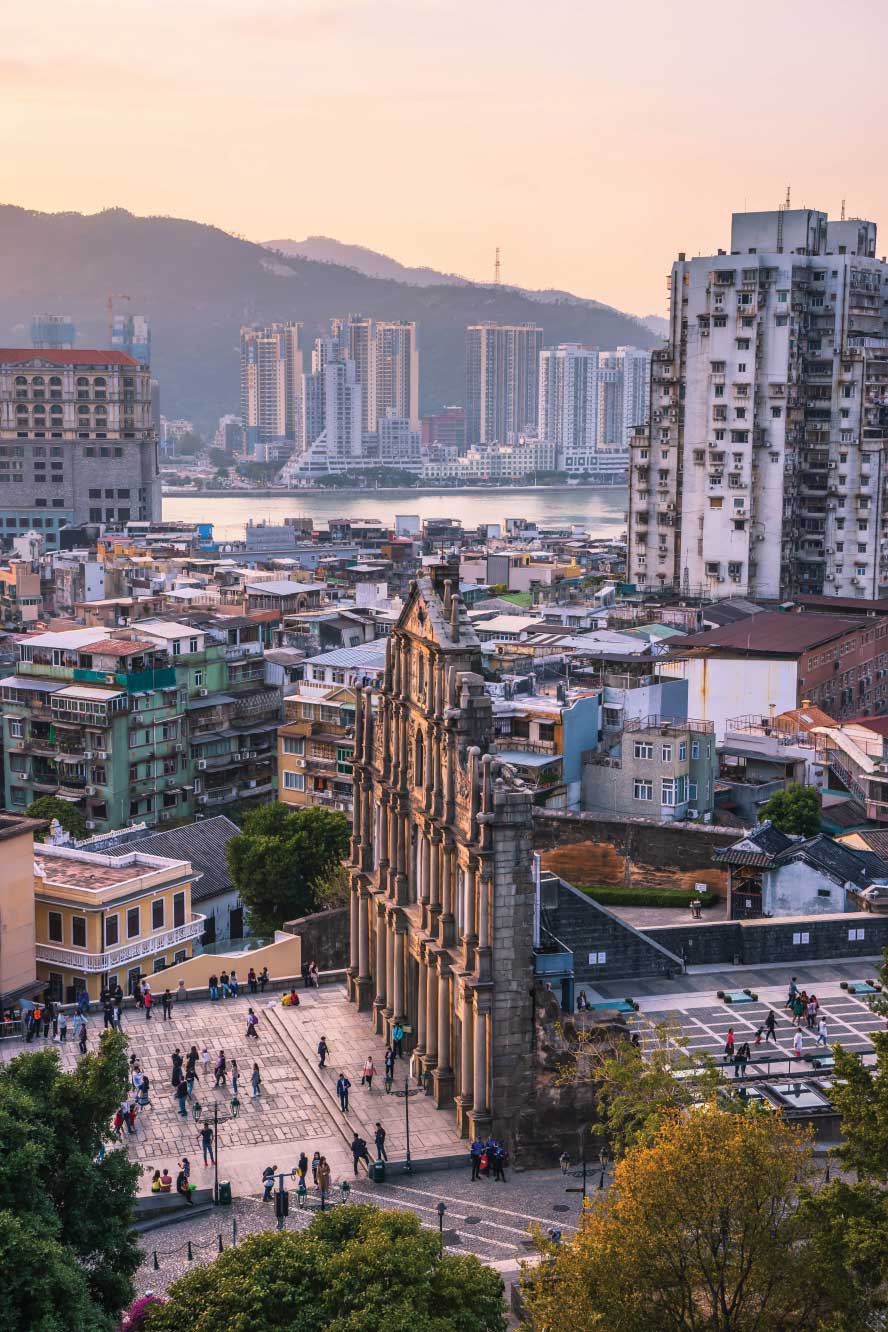 In a further blow to the junket industry, the government will ask concessionaires to administer a 5% withholding tax on all junket commissions. While such a stipulation already exists in Law 16/2001, successive Chief Executives have ordered a lower rate of withholding of less than 1%. IAG understands the full 5% withholding tax will be charged in future upon passing of the amended law.
In a further blow to the junket industry, the government will ask concessionaires to administer a 5% withholding tax on all junket commissions. While such a stipulation already exists in Law 16/2001, successive Chief Executives have ordered a lower rate of withholding of less than 1%. IAG understands the full 5% withholding tax will be charged in future upon passing of the amended law.
How significant will this new junket landscape be for concessionaires? From a pure profit perspective, not very. According to investment bank Morgan Stanley, the VIP segment contributed less than 10% of Macau-wide EBITDA in 2019 (pre-COVID). But it does flag a fundamental change to the makeup of the industry and the relationship between operators and their premium players.
Likewise, the government has effectively put Macau’s satellite casino system – by which independent operators have run many of the city’s smaller casinos under the licenses of concessionaires – on notice. Under the amended gaming law, all casinos must be located in properties owned by a concessionaire, with satellite casino operators given a three-year grace period in which to find a solution.
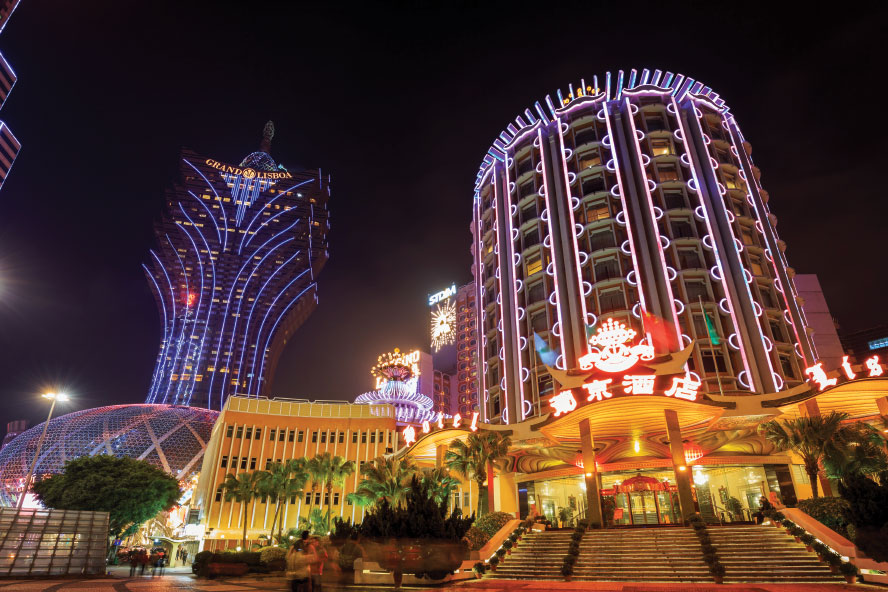 “With this bill, gaming concessionaires … have a three-year grace period to deal with this issue, which is a reasonable time frame,” said André Cheong Weng Chon, spokesman for Macau’s Executive Council, on 14 January.
“With this bill, gaming concessionaires … have a three-year grace period to deal with this issue, which is a reasonable time frame,” said André Cheong Weng Chon, spokesman for Macau’s Executive Council, on 14 January.
“Our existing laws do not really have the [legal] concept of a … satellite venue, which is in effect a casino within a hotel, and the ownership of this kind of property is not in the hands of the concessionaire.”
The satellite casino issue will certainly be one worth watching, potentially ending the decades-long tenure of some of Macau’s satellite operators but also creating a headache for SJM Resorts, which lends its license to 14 of Macau’s 18 satellite casinos. In the pre-COVID era, SJM relied on those satellites for more than 50% of its gaming revenue.
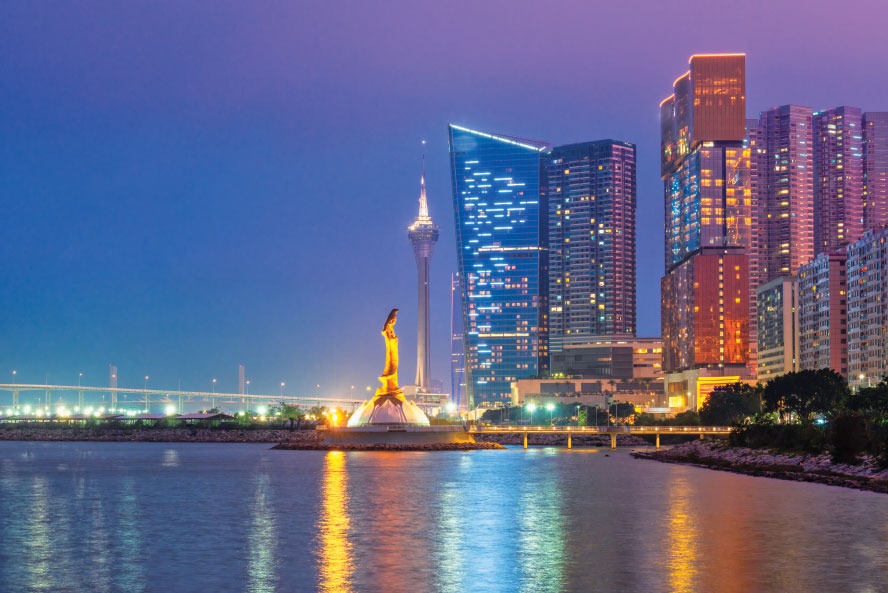 Even now, there are still plenty of questions to be answered.
Even now, there are still plenty of questions to be answered.
For example, the draft bill provides for a maximum number of gaming tables and gaming machines each concessionaire will be authorized to operate each year. This will be closely linked to business volume with the Chief Executive to determine a “minimum annual limit of gross income from each gaming table and gaming machine”. If this minimum annual income is not reached, the concessionaire will be required to make up the difference and if not reached for two consecutive years, the Chief Executive may reduce the number of tables or machines authorized for use. It is not yet known what this minimum limit will be or how it will be calculated.
Concessionaires will also be subject to a review every three years in which Macau’s gaming regulator, the Gaming Inspection and Coordination Bureau (DICJ), will examine general contractual compliance. A failure by any concessionaire to comply with the stipulated terms of their contracts, or a lack of proactivity in doing so, will be referred to the Secretary for Economy and Finance. Again, detail on how such analysis might be applied is scarce.
According to the draft bill, the amended gaming law will stipulate that any intention by concessionaires to explore new business opportunities must first be approved by the Secretary for Economy and Finance. This approval specifically relates to the operation of casinos or other gaming ventures in other jurisdictions, although it is unclear whether recently announced ventures, such as a planned integrated resort development by Wynn Resorts in the United Arab Emirates, will be included.

Meanwhile, concessionaires must fulfil a series of government expectations around Corporate Social Responsibility (CSR) initiatives including support for the development of small and medium-sized enterprises; support for the development of diversification of local industries; the ensuring of workers’ rights, hiring of disabled or disabled individuals; support for activities of public interest and support for activities of an educational, scientific and technological nature, plus for environmental protection and for culture and sports, among others.
Concessionaires must also “prepare a plan to promote responsible gambling” and “adopt measures that allow the public, including tourists, to have sufficient information for them to assume a responsible, moderate and controlled posture in the game.” An annual plan to promote responsible gambling for the next year must be submitted to the DICJ as well as a report on the execution of the previous year’s plan.
Despite these changes, the industry and the investment community will be glad to see the clarity currently forming around the future of Macau. After an initial period of inactivity throughout 2020 and the first three quarters of 2021, the Macau government has kicked into fifth gear since September and appears to be on a mission to rebuild the Macau gaming industry and get the gaming law amendments passed as quickly as possible.
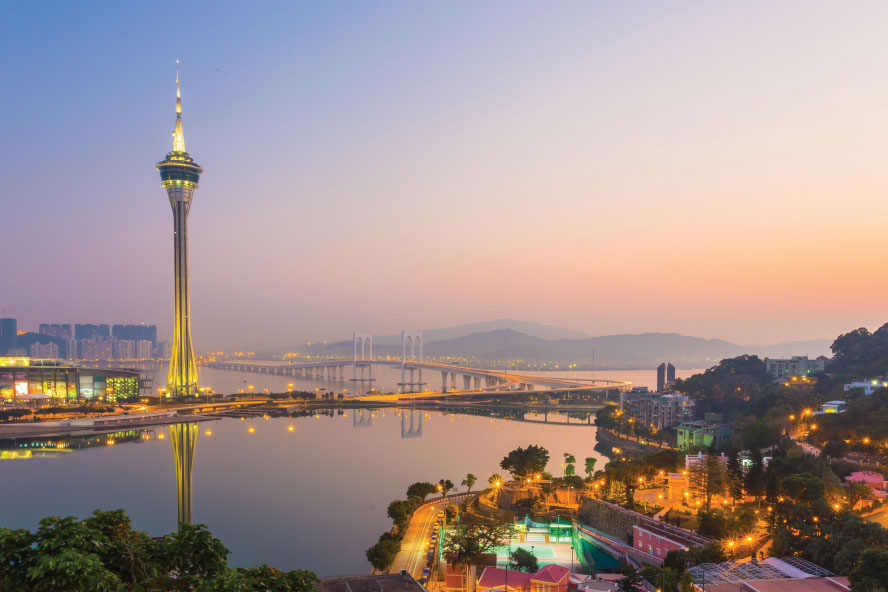 Concessionaires will face a vastly different reality under the new licensing regime to the one that has placed them among the most profitable gaming companies in the world over the past two decades.
Concessionaires will face a vastly different reality under the new licensing regime to the one that has placed them among the most profitable gaming companies in the world over the past two decades.
The new gaming legal framework will now be debated by Macau’s Legislative Assembly over the first half of this year and whatever emerges will set the scene for Macau for decades to come.




























